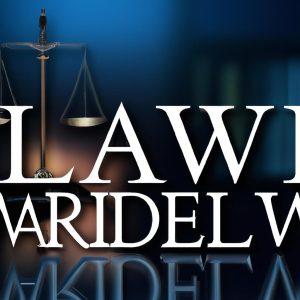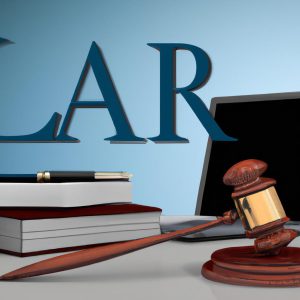What Not to Include in Will
Creating a last will and testament is crucial in ensuring that your assets are distributed according to your wishes after your passing. However, it’s equally important to be aware of what you should avoid including in your will to prevent complications and disputes down the road.
1. Funeral Instructions
While you may have specific wishes for your funeral or memorial service, your will is not the ideal place to document them. Funerals typically occur shortly after one’s passing, and wills may not be immediately accessible. It’s advisable to discuss your funeral wishes with your loved ones or designate a separate document to address these matters.
2. Conditions on Inheritance
Placing conditions on inheritance, such as requiring beneficiaries to meet certain criteria or fulfill specific tasks, can complicate the distribution of your estate. Instead, it’s better to establish a trust or other legal mechanisms for conditional bequests to avoid potential legal issues.
3. Property Held Jointly or with a Beneficiary Designation
Assets that are held jointly or have designated beneficiaries, such as joint bank accounts, life insurance policies, and retirement accounts, are generally not subject to the terms of your will. Make sure to review and update the beneficiary designations on these assets separately.
4. Debts of Others
It’s not advisable to use your will to forgive or transfer the debts of others. You cannot use your will to absolve someone of their financial obligations. If you wish to help someone with their debts, it’s better to do so through other legal means.
5. Illegal or Unethical Requests
Your will should not contain instructions or requests that are illegal or unethical. For instance, you cannot use your will to instruct someone to commit an illegal act or engage in actions that violate ethical standards. The courts will not enforce such requests.
6. Specific Personal Items Without Clear Descriptions
While it’s perfectly reasonable to want to leave specific personal items to loved ones, it’s important to provide clear descriptions and identifying information for these items in your will. Vague references can lead to confusion or disputes among beneficiaries.
7. Assets Already Covered by Other Documents
If you have established a living trust, a healthcare proxy, or a power of attorney that covers certain assets or decisions, there is no need to duplicate these instructions in your will. Ensure that your will complements these documents rather than contradicting them.
8. Guardianship of Pets
While it’s crucial to make arrangements for your pets in case of your incapacity or passing, including these instructions directly in your will may not be the most effective approach. Instead, consider setting up a pet trust or discussing the matter with a trusted individual who can provide proper care for your pets.
9. Complex Business Arrangements
If you own a business, using your will to detail complex business arrangements or succession plans may not be the most efficient way to handle these matters. Consult with legal and financial professionals to create a comprehensive business succession plan that addresses all relevant aspects.
10. DIY Wills Without Legal Review
Perhaps the most critical point to emphasize is the importance of not creating a will without proper legal review. Do-it-yourself (DIY) wills, often generated from online templates, can lead to errors and omissions that may result in disputes or the invalidation of your will. Consulting with an experienced attorney is essential to ensure that your will is legally sound and aligns with New York state laws.
Consult Morgan Legal Group for Expert Guidance
Protecting your estate and assets through a carefully crafted will is a fundamental part of planning for the future. However, avoiding common pitfalls is equally essential. At Morgan Legal Group, we understand the intricacies of New York estate law and can provide expert guidance to ensure your will is comprehensive, legally sound, and aligned with your goals.
Furthermore, our experienced legal team can help you navigate the complexities of estate planning, addressing issues such as taxation, asset protection, and probate. Additionally, we can provide advice on the creation of trusts and other legal instruments to achieve your estate planning objectives.
Moreover, we emphasize the importance of consulting with us to review your existing will or create a new one. On the other hand, we have the expertise to help you avoid common pitfalls and ensure that your final wishes are respected.
Don’t leave your estate’s future to chance. Contact Morgan Legal Group today for expert guidance on what not to include in your New York will and how to create a comprehensive and legally sound estate plan.
Additionally, we are available to answer any questions and provide you with the support you need. At Morgan Legal Group, we believe in making justice accessible to all.
This post is for informational purposes only and should not be considered legal advice. Consult with an experienced attorney for advice specific to your situation.











